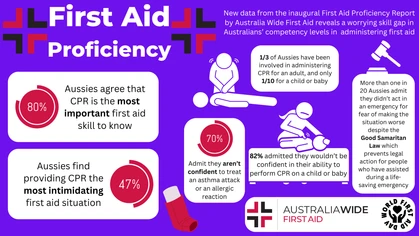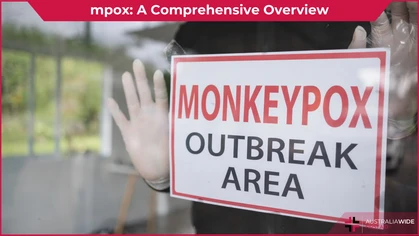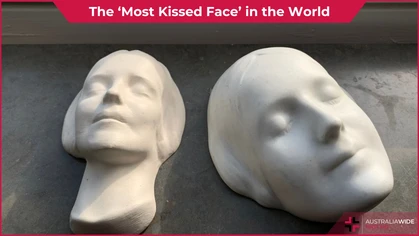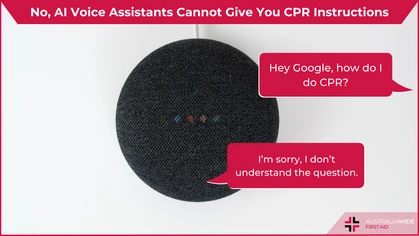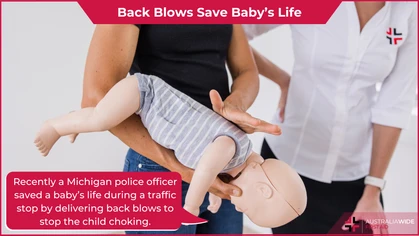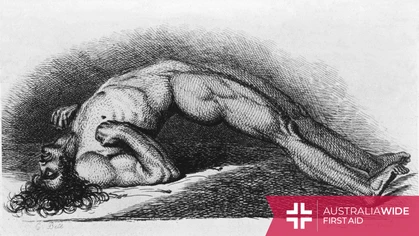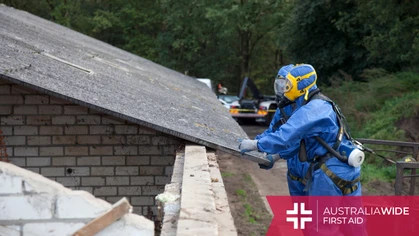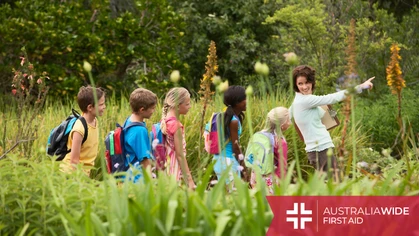Can You Be Sued for Providing First Aid?

First aid in the news
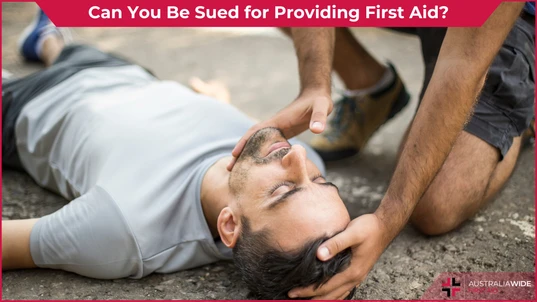 The idea of helping someone in an emergency situation often raises concerns about potential legal repercussions. While the desire to assist is strong, many Australians wonder if they could be sued for rendering first aid. This article explores the legal landscape in Australia regarding the liability of individuals who provide first aid assistance.
The idea of helping someone in an emergency situation often raises concerns about potential legal repercussions. While the desire to assist is strong, many Australians wonder if they could be sued for rendering first aid. This article explores the legal landscape in Australia regarding the liability of individuals who provide first aid assistance.
Helping in an Emergency
First Aid training is often only completed as a workplace requirement, and yet the majority of medical emergencies happen outside work. The statistics of first aid certification across the country vary by news outlet, but the numbers are consistently, and concerningly, less than 15% of the population. Almost three quarters of us have witnessed a health or medical emergency, but with so few people keeping up to date with CPR and first aid training, our ability to offer support in those situations is worryingly low. One reason why some people do not feel confident in providing first aid is the idea that they may be sued were something else to go wrong. This simply isn’t the case here in Australia.Good Samaritan
In Australia, a Good Samaritan is defined in legislation as a person who is present at an emergency and assists in good faith, without expectation of payment or reward for providing assistance. This could include family members, volunteers, bystanders, and off-duty health professionals. Essentially, it includes any person who is not on duty and offers to provide assistance during an emergency. Volunteers must act within the scope of activity and instructions of their organisation. They would be considered Good Samaritans if they are off duty, but not if they are on duty.Legal Liability for Providing First Aid
Australia has specific laws, known as "Good Samaritan" laws, designed to protect individuals who offer help in emergencies. These laws vary slightly across different states and territories, but their core principle remains the same: to encourage bystanders to assist without fear of legal consequences. In general, Good Samaritan laws provide legal immunity to individuals who render assistance in good faith, without expecting any reward. This means that as long as you act responsibly and within the scope of your knowledge and abilities, you are protected from being sued for any harm that may occur as a result of your actions. According to Australian and New Zealand Committee on Resuscitation (ANZCOR) - No person acting as a Good Samaritan in Australia has ever been successfully sued for rending assistance to a person in need. Good Samaritans have complete immunity from civil liability provided they are not under the voluntary influence of drugs or alcohol if they did not cause the emergency, and if they act in good faith.Do You HAVE to Assist?
No, generally there is no legal obligation to provide assistance in an emergency situation. There are a few exceptions to this rule. Health care professionals and first responders are bound by their own codes of conduct and the legislations of their jurisdiction, and need to be aware of the legalities involved for their situation. If you are in the Northern Territory, you do have a legal obligation to assist - any person who callously fails to provide assistance of any kind to a person urgently in need of it and whose life may be endangered may be guilty of a crime and if found liable may face imprisonment for up to 7 years (Criminal Code Act 1983, s155).
Scope and Limitations of Good Samaritan Laws
While Good Samaritan laws offer protection, there are certain conditions and limitations to consider: Good Faith Effort: The assistance must be provided in good faith, meaning with the honest intention to help and without any malicious intent. Within Competence: The first aid provided should be within the scope of your knowledge and training. For example, a trained first aider should not attempt complex medical procedures they are not qualified to perform. No Reckless Behaviour: Protection under Good Samaritan laws does not extend to actions that are reckless or grossly negligent. If your actions are deemed to have caused unnecessary harm due to carelessness, you could be held liable. Voluntary Assistance: The protection applies only if you voluntarily offer assistance. If you are legally obligated to help (e.g., as a healthcare professional), different rules may apply. It is important to note that in certain scenarios you would not be protected. These could include, but are not limited to:- The Good Samaritan who is assisting an injured person initially caused the injury or accident.
- The Good Samaritan’s ability to assist a person in need is impaired because they are under the influence of drugs or alcohol.
- The Good Samaritan falsely claims to have medical qualifications or impersonates a healthcare, emergency services worker, or police officer.
- The Good Samaritan clearly failed to show reasonable care in their assistance.
State and Territory Variations
Each state and territory in Australia has its own version of Good Samaritan laws, and while they share common elements, there are some variations. It's important to familiarize yourself with the specific laws in your state or territory, especially if you regularly provide first aid or are involved in professions where emergency assistance may be required. Commonwealth- Health Practitioner Regulation National Law Act 2009 (Cth)
- Good Medical Practice: A Code of Conduct for Doctors in Australia
- Civil Liability Act 2002 (NSW) ss57, 61
- Health Practitioner Regulation (Adoption of National Law Act) (NSW) 2009 No 86
- Wrongs Act 1958 (Vic) s 31B, 37
- Law Reform Act 1995 (QLD) s 16
- Civil Liability Act 2007 (QLD)
- Civil Liability Act 2002 (WA) s5AD
- Health Practitioner Regulation National Law (WA) Act 2010
- Criminal Code Act 1983 (NT) s.155
- Personal Injuries (Liabilities and Damages) Act 2005 (NT) s8, 8
Employer Obligations and First Aid in the Workplace
In the workplace, employers have a duty of care to ensure that employees are trained in first aid and that appropriate first aid equipment is available. In such cases, the protections offered by Good Samaritan laws may not apply, as the assistance provided by employees may be part of their job responsibilities. However, employers generally have insurance policies in place to cover any legal claims arising from workplace first aid incidents.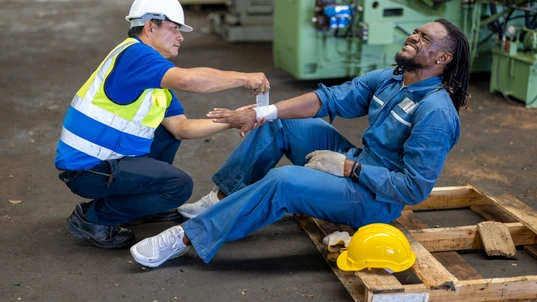
Conclusion
In Australia, the fear of being sued for providing first aid should not deter you from helping someone in need. Good Samaritan laws across the country offer robust protection to those who act in good faith, within their competence, and without recklessness. By understanding these laws and staying informed about your rights and responsibilities, you can confidently offer assistance in emergencies, knowing that the law is on your side.
Originally published at
https://www.australiawidefirstaid.com.au/resources/can-you-be-sued-for-providing-first-aid
as part of the Australia Wide First Aid Articles Library
